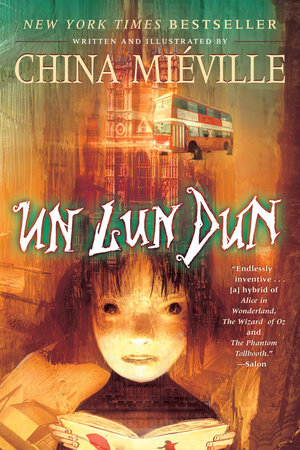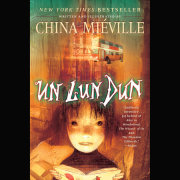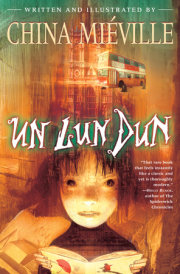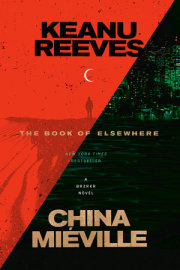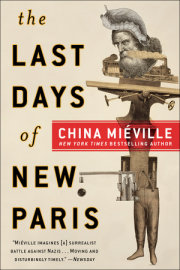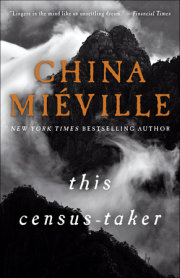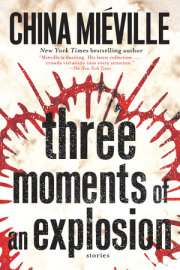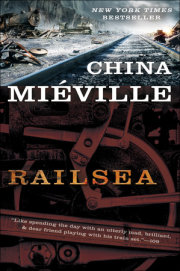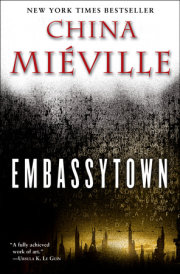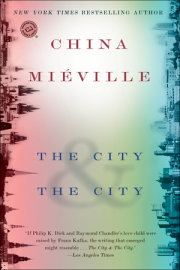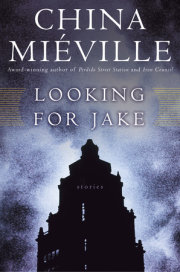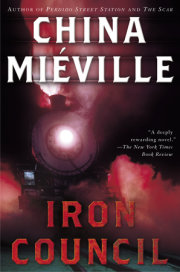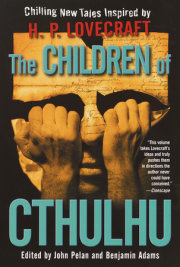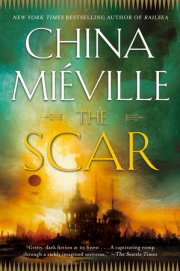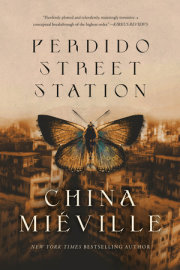1The Respectful FoxThere was no doubt about it: there was a fox behind the climbing frame. And it was watching.
“It is, isn’t it?”
The playground was full of children, their gray uniforms flapping as they ran and kicked balls into makeshift goals. Amid the shouting and the games, a few girls were watching the fox.
“It definitely is. It’s just watching us,” a tall blond girl said. She could see the animal clearly behind a fringe of grass and thistle. “Why isn’t it moving?” She walked slowly towards it.
At first the friends had thought the animal was a dog, and had started ambling towards it while they chatted. But halfway across the tarmac they had realized it was a fox.
It was a cold cloudless autumn morning and the sun was bright. None of them could quite believe what they were seeing. The fox kept standing still as they approached.
“I saw one once before,” whispered Kath, shifting her bag from shoulder to shoulder. “I was with my dad by the canal. He told me there’s loads in London now, but you don’t normally see them.”
“It should be running,” said Keisha, anxiously. “I’m staying here. That’s got teeth.”
“All the better to eat you with,” said Deeba.
“That was a wolf,” said Kath.
Kath and Keisha held back: Zanna, the blond girl, slowly approached the fox, with Deeba, as usual, by her side. They got closer, expecting it to arch into one of those beautiful curves of animal panic, and duck under the fence. It kept not doing so.
The girls had never seen any animal so still. It wasn’ t that it wasn’t moving: it was furiously not-moving. By the time they got close to the climbing frame they were creeping exaggeratedly, like cartoon hunters.
The fox eyed Zanna’s outstretched hand politely. Deeba frowned.
“Yeah, it is watching,” Deeba said. “But not us. It’s watching you.”
Zanna—she hated her name Susanna, and she hated “Sue” even more—had moved to the estate about a year ago, and quickly made friends with Kath and Keisha and Becks and others. Especially Deeba. On her way to Kilburn Comprehensive, on her first day, Deeba had made Zanna laugh, which not many people could do. Since then, where Zanna was, Deeba tended to be too. There was something about Zanna that drew attention. She was decent-to-good at things like sports, schoolwork, dancing, whatever, but that wasn’t it: she did well enough to do well, but never enough to stand out. She was tall and striking, but she never played that up either: if anything, she seemed to try to stay in the background. But she never quite could. If she hadn’t been easy to get on with, that could have caused her trouble.
Sometimes even her mates were a little bit wary of Zanna, as if they weren’t quite sure how to deal with her. Even Deeba herself had to admit that Zanna could be a bit dreamy. Sometimes she would sort of zone out, staring skywards or losing the thread of what she was saying.
Just at that moment, however, she was concentrating hard on what Deeba had just said.
Zanna put her hands on her hips, and even her sudden movement didn’t make the fox jump.
“It’s true,” said Deeba. “It hasn’t taken its eyes off you.”
Zanna met the fox’s gentle vulpine gaze. All the girls watching, and the animal, seemed to get lost in something.
. . . Until their attention was interrupted by the bell for the end of break. The girls looked at each other, blinking.
The fox finally moved. Still looking at Zanna, it bowed its head. It did it once, then leapt up and was gone.
Deeba watched Zanna, and muttered, “This is just getting weird.”
Copyright © 2007 by China Mieville. All rights reserved. No part of this excerpt may be reproduced or reprinted without permission in writing from the publisher.

